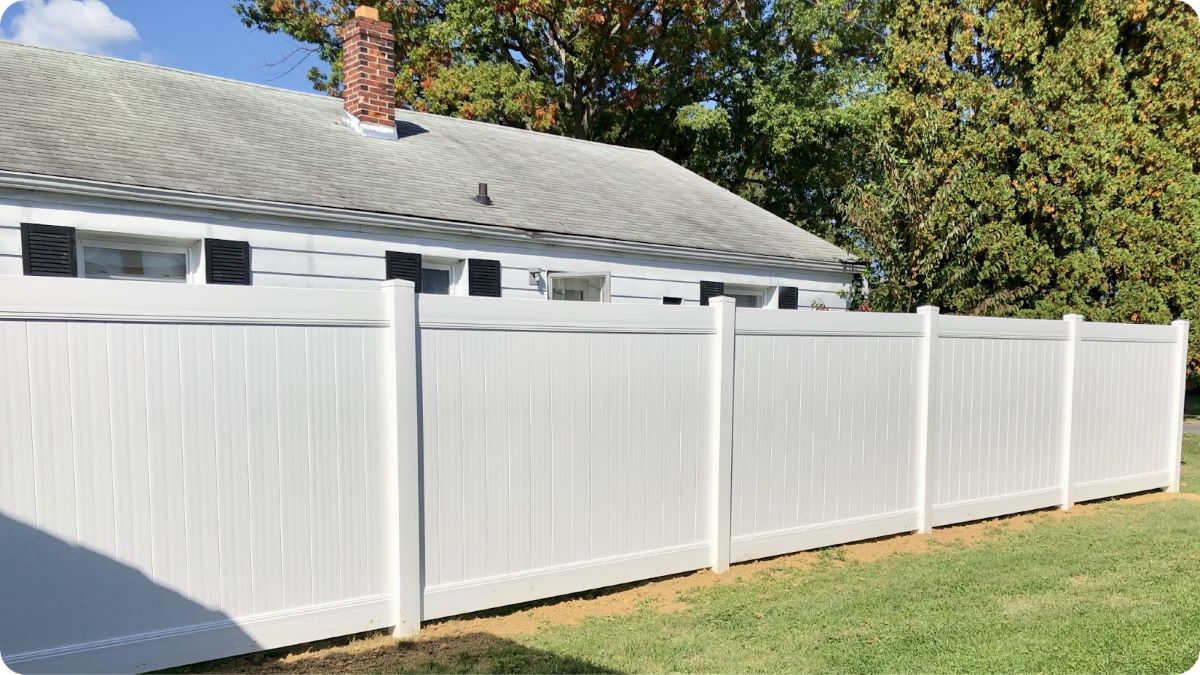

Articles
What Is A Vinyl Fence
Modified: August 22, 2024
Learn about the benefits, installation, and maintenance of vinyl fences with our informative articles. Enhance your understanding and make an informed decision for your property.
(Many of the links in this article redirect to a specific reviewed product. Your purchase of these products through affiliate links helps to generate commission for Storables.com, at no extra cost. Learn more)
Introduction
A vinyl fence is a popular choice for homeowners looking to enhance the aesthetic appeal, privacy, and security of their property. This type of fence is made from polyvinyl chloride (PVC), a durable and low-maintenance material that offers numerous benefits over traditional wood or metal fences.
Vinyl fences have gained popularity in recent years due to their versatility, durability, and long lifespan. They are available in a variety of styles, colors, and heights, allowing homeowners to choose the perfect fence to complement their home’s exterior and landscaping. Whether you’re looking to create a classic, picket fence design or a modern, sleek privacy fence, vinyl has you covered.
One of the primary advantages of a vinyl fence is its low maintenance requirements. Unlike wood fences that may require regular painting, staining, or sealing to maintain their appearance and protect against rot and decay, vinyl fences are virtually maintenance-free. They are resistant to fading, warping, cracking, and termite damage, making them an ideal choice for busy homeowners who want a beautiful fence without the hassle of ongoing maintenance.
Additionally, vinyl fences are incredibly durable, capable of withstanding even the harshest weather conditions. They are designed to resist UV rays, moisture, and extreme temperatures, ensuring that your fence will look as good as new for years to come. This durability also contributes to the overall cost-effectiveness of vinyl fences, as they require minimal repairs or replacement over their lifespan.
Vinyl fences also offer enhanced privacy and security. With their solid panels and minimal gaps, they effectively block the view from outside and create a secure perimeter around your property. Whether you’re concerned about prying eyes, noise reduction, or keeping pets and children safely contained, a vinyl fence provides a reliable solution.
In the next sections, we will explore the various types of vinyl fences, the installation process, maintenance tips, and the cost comparison with other fence materials. By the end of this article, you’ll have a comprehensive understanding of vinyl fences and why they might be the perfect choice for your property.
Key Takeaways:
- Vinyl fences offer a durable, low-maintenance, and aesthetically pleasing option for homeowners, providing enhanced privacy, security, and long-term cost savings.
- With resistance to rot, decay, and pests, vinyl fences are a reliable and attractive fencing solution, offering a wide range of styles, colors, and designs to complement any home’s exterior.
Read more: How To Disassemble Vinyl Fence
Benefits of Vinyl Fences
Vinyl fences offer numerous benefits that make them a popular choice among homeowners. From their durability and low maintenance requirements to their versatility and aesthetic appeal, here are some of the key advantages of choosing a vinyl fence:
- Durability: Vinyl fences are built to last. They are resistant to rot, fading, warping, and cracking, ensuring that your fence will maintain its structural integrity and appearance for years to come. Vinyl fences are also highly resistant to damage from pests, such as termites, which can be a common issue with wood fences.
- Low Maintenance: One of the biggest advantages of vinyl fences is their minimal maintenance requirements. Unlike wood fences that need regular painting, staining, or sealing, vinyl fences only require occasional cleaning with soap and water to keep them looking their best. This saves you time, money, and effort in the long run.
- Variety of Styles: Vinyl fences are available in a wide range of styles, colors, and designs, allowing you to find the perfect fence to complement your home’s architecture and landscaping. Whether you prefer a traditional picket fence, a sleek privacy fence, or a decorative ornamental fence, there is a vinyl option to suit your taste and needs.
- Privacy and Security: Vinyl fences provide excellent privacy and security for your property. With their solid panels and lack of gaps, they effectively block the view from outside, preventing prying eyes from seeing into your yard. This is especially beneficial for homes located in busy neighborhoods or near high-traffic areas. Vinyl fences also act as a physical barrier, keeping unwanted intruders out and protecting your family and belongings.
- Weather Resistance: Vinyl fences are designed to withstand the elements. They are resistant to UV rays, moisture, and extreme temperatures, making them an ideal choice for both hot and cold climates. Unlike wood fences that can warp, crack, or fade when exposed to harsh weather conditions, vinyl fences stay strong and retain their original appearance.
- Eco-Friendly: Vinyl fences are considered to be an environmentally friendly choice. Unlike wood fences that require trees to be cut down, vinyl fences are made from recycled PVC materials. By choosing a vinyl fence, you are contributing to the reduction of deforestation and promoting sustainable practices.
- Cost-Effective: While the upfront cost of a vinyl fence may be higher compared to some other fence materials, it is important to consider the long-term cost savings. Vinyl fences require minimal repairs and maintenance throughout their lifespan, saving you money on paint, stain, sealant, and replacement parts. Additionally, the durability of vinyl fences means they are less likely to be damaged by weather, pests, or general wear and tear, further reducing the need for costly repairs.
Overall, vinyl fences offer an attractive combination of durability, low maintenance, and aesthetic versatility. Whether you’re looking to enhance privacy, improve security, or add a beautiful touch to your property, a vinyl fence is an excellent option to consider.
Types of Vinyl Fences
Vinyl fences come in a variety of styles and designs to suit different needs and preferences. Here are some of the most popular types of vinyl fences:
- Picket Fence: A picket fence is a classic and timeless choice for homeowners. It consists of vertical slats, known as pickets, evenly spaced along horizontal rails. Picket fences can be either traditional, with pointed or square pickets, or decorative, with scalloped or arched tops. They are ideal for creating a charming and welcoming boundary around your property while maintaining a level of openness.
- Privacy Fence: If you value privacy and want to create a secluded outdoor space, a vinyl privacy fence is the way to go. Privacy fences feature solid panels with no gaps, offering complete privacy from neighboring properties. These fences are commonly taller, ranging from six to eight feet high, and can be customized with lattice accents or decorative post caps to add a touch of style.
- Shadowbox Fence: The shadowbox fence is a variation of the privacy fence that offers a more decorative look. It features alternating panels on each side of the fence, creating a visually appealing pattern. The design allows air and light to pass through while still maintaining a level of privacy. A shadowbox fence is an excellent choice if you want to combine privacy with an open and airy feel.
- Ranch Rail Fence: Commonly seen in rural or suburban areas, the ranch rail fence offers a traditional and rustic look. It typically consists of horizontal rails supported by vertical posts, creating a visually appealing and sturdy barrier. Ranch rail fences are available in two- or three-rail configurations and are often used for delineating property boundaries or keeping livestock contained.
- Pool Fence: Vinyl pool fences are specially designed to meet safety requirements for swimming pools. They feature self-closing gates, lockable latches, and smooth panels with no footholds to prevent children from climbing over. Pool fences are typically four to five feet high and provide a secure and attractive barrier around your pool area.
- Decorative Fence: If you’re looking to add a touch of elegance and style to your property, a decorative vinyl fence is the perfect choice. These fences often feature intricate designs, such as scalloped or arched tops, lattice accents, or decorative post caps. A decorative fence can enhance the curb appeal of your home while still providing the benefits of a durable and low-maintenance vinyl fence.
These are just a few examples of the types of vinyl fences available. It’s important to choose a style that not only matches your aesthetic preferences but also fulfills the specific requirements of your property. Whether you’re aiming for a classic, modern, or unique look, there is a vinyl fence option to suit your needs.
Installation Process
Installing a vinyl fence requires careful planning and proper execution to ensure a strong and durable final result. Here is a step-by-step guide to the installation process:
- Obtain Necessary Permits: Before starting any fence installation, it is important to check with your local municipality or homeowner’s association to determine if any permits or approvals are required.
- Mark the Fence Line: Begin by marking the layout of your fence line using stakes and string. Ensure that the line is straight and square to maintain a professional-looking installation.
- Measure and Dig Post Holes: Measure the spacing for your vinyl fence posts, typically between 6 and 8 feet apart. Dig holes for the posts using a post hole digger or an auger, ensuring the holes are deep enough to accommodate a third of the post’s height and wide enough for concrete footings.
- Set the Posts: Place the vinyl fence posts into the holes and pour concrete around them to secure them in place. Use a level to ensure the posts are plumb and straight. Allow the concrete to set and cure according to the manufacturer’s instructions.
- Attach Rails and Panels: Once the post concrete has cured, attach the horizontal rails to the posts using brackets or screws. Slide the vinyl fence panels into the rails and secure them in place. Follow the manufacturer’s instructions for specific installation guidelines.
- Install Gates: If you have gates as part of your vinyl fence, install them according to the manufacturer’s instructions. Ensure they are properly aligned, level, and securely attached to the fence posts.
- Level and Secure: Use a level throughout the installation process to ensure that the fence is level and straight. Make any necessary adjustments to the posts, rails, and panels as you go along. Secure all the connections and hardware firmly to ensure the stability of the fence.
- Clean Up and Finishing Touches: Once the fence is installed, clean up the area by removing any excess dirt or debris. Consider adding decorative post caps or other finishing touches to enhance the overall appearance of the fence.
It’s important to note that the specific installation process may vary depending on the manufacturer’s instructions and the design of your vinyl fence. It is recommended to carefully read and follow the manufacturer’s guidelines to ensure a successful installation.
If you are unsure or uncomfortable with the installation process, it is always best to hire a professional fence contractor who has experience with installing vinyl fences. They will have the necessary tools, expertise, and knowledge to ensure a proper and efficient installation.
Maintenance and Care Tips
Although vinyl fences are known for their low maintenance requirements, proper care will help keep your fence in excellent condition and extend its lifespan. Here are some maintenance and care tips for your vinyl fence:
- Cleaning: Regular cleaning is key to maintaining the appearance of your vinyl fence. Simply use a garden hose or a bucket of soapy water and a soft brush to remove dirt, dust, and other debris. For stubborn stains or mildew, you can use a mixture of water and mild detergent. Avoid using harsh chemicals or abrasive cleaners, as they can damage the vinyl surface.
- Inspect for Damage: Periodically inspect your vinyl fence for any signs of damage, including cracks, chips, or loose components. Address any issues promptly to prevent further damage and ensure the structural integrity of your fence. If necessary, contact a professional fence repair service for assistance.
- Trim Vegetation: Trim any vegetation, such as vines or shrubs, that may come into contact with your vinyl fence. Over time, plant growth can cause damage to the fence or lead to discoloration. Keeping vegetation at a safe distance helps maintain the overall condition of your fence.
- Avoid Heavy Impact: Vinyl fences are durable but can still be damaged by heavy impact. Be cautious when operating lawn equipment or engaging in activities near the fence. Avoid hitting or leaning heavy objects against the fence, as this can cause dents or structural damage.
- Protect from Heat Sources: Vinyl fences can be vulnerable to heat sources, such as grills or fire pits. Keep these heat sources a safe distance away from the fence to prevent warping or melting of the vinyl panels.
- Winter Care: In colder climates, take precautions during winter months. Avoid piling snow or ice against the fence, as the weight can cause damage. If you need to remove snow, use a plastic shovel or a broom to prevent scratching or gouging the vinyl surface.
- Prevent Mold and Mildew: While vinyl fences are resistant to mold and mildew, they can still develop in humid or damp environments. Ensure proper drainage around the fence and trim any nearby plants that may inhibit air circulation. Applying a mildew-resistant solution can also help prevent the growth of mold and mildew.
By following these maintenance and care tips, you can keep your vinyl fence looking beautiful and in excellent condition for many years to come. Remember to consult the manufacturer’s guidelines for any specific maintenance recommendations or instructions for your particular vinyl fence.
When installing a vinyl fence, make sure to properly prepare the ground by removing any debris and ensuring it is level. This will help ensure a stable and long-lasting installation.
Read more: How To Paint Vinyl Fence
Cost of Vinyl Fences
The cost of vinyl fences can vary depending on several factors, including the size of the fence, the style or design chosen, the quality of the materials, and the region where you live. It’s essential to consider these factors when budgeting for a vinyl fence installation. Here are some key points to keep in mind:
Upfront Investment: Vinyl fences tend to have a higher upfront cost compared to other fence materials, such as wood or chain-link. This is because vinyl is a durable and long-lasting material, which can make it more expensive initially. However, it is important to consider the long-term savings that come with a vinyl fence due to its low maintenance requirements and durability.
Size and Style: The size and style of the fence play a significant role in determining the cost. Larger fences will require more materials and labor, which can increase the overall expense. Additionally, intricate or decorative styles may be more costly than simpler designs. Assess your needs and budget accordingly to choose the right size and style for your property.
Quality of Materials: The quality of the vinyl materials used can impact the cost. Higher-quality vinyl is likely to be more expensive but offers enhanced durability, better color retention, and resistance to fading. It’s important to strike a balance between your budget and the desired level of quality when selecting the materials for your vinyl fence.
Additional Features: Additional features, such as gates, post caps, or decorative accents, can add to the cost of your vinyl fence. While these features can enhance the aesthetic appeal and functionality of your fence, they should be considered when calculating the overall cost.
Installation: The cost of professional installation should also be factored into the overall cost of a vinyl fence. While some homeowners may opt for a DIY installation to save money, hiring a professional ensures proper installation and can save you time and potential errors. The installation cost will depend on factors such as the complexity of the installation, the location, and the labor rates in your area.
It is recommended to obtain quotes from several reputable fence contractors to compare prices and services. This will help you get a better idea of the potential cost of the vinyl fence installation for your specific requirements.
While the upfront cost of a vinyl fence may be higher than other fence materials, it’s important to consider the long-term savings and advantages of choosing vinyl. With its low maintenance and durability, a vinyl fence can provide a cost-effective solution in the long run.
Vinyl vs Other Fence Materials
When considering a new fence for your property, it’s important to weigh the pros and cons of different fence materials. Here is a comparison between vinyl fences and other common fence materials:
Vinyl vs Wood:
- Durability: Vinyl fences are more durable than wood fences. Vinyl is resistant to rot, decay, and insect damage, whereas wood is prone to these issues over time.
- Maintenance: Vinyl fences require minimal maintenance, while wood fences often require regular painting, staining, and sealing to maintain their appearance and protect against rot.
- Cost: Vinyl fences tend to have a higher upfront cost than wood fences. However, the long-term savings on maintenance and repairs make vinyl a cost-effective option in the long run.
- Aesthetic Appeal: Both vinyl and wood fences offer a range of styles, but some may prefer the natural and classic look of wood, while others may prefer the clean and modern appearance of vinyl.
Vinyl vs Metal:
- Durability: Both vinyl and metal fences are durable, but vinyl is more resistant to rust and corrosion, making it a better long-term option in humid or coastal areas.
- Maintenance: Vinyl fences require minimal maintenance, while metal fences may require periodic inspections, repairs, and repainting to prevent rust and preserve their appearance.
- Cost: Metal fences can have a similar or higher upfront cost than vinyl fences, depending on the type of metal used. However, vinyl fences often have lower long-term maintenance costs.
- Security: Metal fences may provide better security due to their strength and ability to withstand impact. However, vinyl privacy fences can also offer a high level of security with their solid panels.
Vinyl vs Chain-Link:
- Privacy and Security: Vinyl fences offer more privacy and security compared to chain-link fences, as vinyl fences have solid panels that block visibility and access.
- Durability: Vinyl fences are more durable and resistant to weathering compared to chain-link fences, which can rust and corrode over time.
- Maintenance: Chain-link fences require minimal maintenance, but they may need occasional repairs to fix bent or damaged sections. Vinyl fences require less maintenance overall.
- Aesthetic Appeal: Vinyl fences are available in a variety of styles and colors, offering more aesthetic options compared to the utilitarian look of a chain-link fence.
Ultimately, the choice between vinyl and other fence materials depends on your specific needs, preferences, and budget. Consider factors such as durability, maintenance requirements, cost, and the desired aesthetic appeal when making your decision. Consulting with a professional fence contractor can also provide valuable insights and help you make an informed choice.
Common Questions About Vinyl Fences
When considering a vinyl fence for your property, you may have several questions about its installation, maintenance, and other aspects. Here are answers to some common questions about vinyl fences:
- Are vinyl fences easy to install?
- How long do vinyl fences last?
- Do vinyl fences require painting or staining?
- How do I clean a vinyl fence?
- Can a vinyl fence withstand extreme weather conditions?
- Can I install a vinyl fence on a sloped landscape?
- Are vinyl fences eco-friendly?
Yes, vinyl fences are relatively easy to install, especially if you have some experience with DIY projects. However, for optimal results, it is recommended to hire a professional fence contractor who has expertise in installing vinyl fences. They have the necessary tools, knowledge, and skills to ensure a proper and efficient installation.
Vinyl fences are known for their long lifespan. With proper maintenance and care, a vinyl fence can last 20-30 years or even longer. Vinyl is a durable material that does not rot, warp, or decay like wood and is resistant to pests and weathering.
No, one of the significant advantages of vinyl fences is that they do not require painting or staining. Vinyl fences come in a variety of colors and finishes, and the color is integrated throughout the material. This means that the color will not fade, chip, or peel, even with prolonged exposure to the elements.
Cleaning a vinyl fence is relatively simple. You can use a regular garden hose or a bucket of soapy water and a soft brush to remove dirt, dust, and debris. For stubborn stains or mildew, you can use a mixture of water and mild detergent. Avoid using abrasive cleaners or scrub brushes that may scratch the surface of the vinyl.
Yes, vinyl fences are designed to withstand various weather conditions. They are resistant to UV rays, moisture, and extreme temperatures, making them suitable for both hot and cold climates. Unlike wood fences that can warp, crack, or fade when exposed to harsh weather, vinyl fences stay strong and retain their original appearance.
Yes, vinyl fences can be installed on a sloped landscape. The panels can be adjusted to follow the contour of the land. Some manufacturers offer special brackets or hardware to accommodate sloped installations. It is recommended to consult with a professional fence contractor who can properly assess your property and provide guidance on the best installation method for your specific slope.
Yes, vinyl fences can be considered eco-friendly. They are often made from recycled PVC materials, reducing the demand for new raw materials. Additionally, the durability and long lifespan of vinyl fences reduce the need for frequent replacements, contributing to environmental sustainability.
These are just some of the common questions that homeowners have about vinyl fences. Keep in mind that specific questions may vary based on individual needs and circumstances. If you have any concerns or specific inquiries, it is always recommended to consult with a professional fence contractor or refer to the manufacturer’s guidelines for accurate information.
Conclusion
Vinyl fences offer an array of benefits that make them a popular choice for homeowners. From their durability and low maintenance requirements to their aesthetic versatility and enhanced privacy, vinyl fences provide a reliable and attractive fencing solution.
With their resistance to rot, decay, and pests, vinyl fences are designed to withstand the test of time and various weather conditions. Unlike wood or metal fences, they do not require regular painting, staining, or sealing to maintain their appearance, making them a low-maintenance option for busy homeowners.
Whether you’re looking for a classic picket fence, a sleek privacy fence, or a decorative ornamental fence, vinyl offers a wide range of styles, colors, and designs to suit every taste and complement any home’s exterior. With customization options and a variety of heights, vinyl fences can provide the perfect balance of privacy, security, and aesthetic appeal.
While the upfront cost of a vinyl fence may be higher compared to other materials, it’s important to consider the long-term savings. Vinyl fences require minimal repairs, are resistant to fading and warping, and can last for decades with proper care. By choosing a vinyl fence, you are investing in a durable and cost-effective fencing solution for your property.
Whether you’re replacing an old fence or installing a brand-new one, vinyl fences offer a durable, low-maintenance, and aesthetically pleasing option. Consider your specific needs, budget, and preferences to choose the right style and quality of vinyl fence for your property.
With proper installation, routine cleaning, and occasional inspections, your vinyl fence will maintain its beauty and functionality for many years to come. Whether you’re looking to enhance privacy, increase security, or add value to your home, a vinyl fence is an excellent investment that combines practicality and style.
Consult with a professional fence contractor to discuss your options and ensure a proper installation. They can provide expert guidance, specific to your property, and help you create the perfect vinyl fence that will enhance your outdoor space and provide years of enjoyment.
Invest in a vinyl fence today and enjoy the benefits of a durable, low-maintenance, and visually appealing fencing solution for your home.
Frequently Asked Questions about What Is A Vinyl Fence
Was this page helpful?
At Storables.com, we guarantee accurate and reliable information. Our content, validated by Expert Board Contributors, is crafted following stringent Editorial Policies. We're committed to providing you with well-researched, expert-backed insights for all your informational needs.
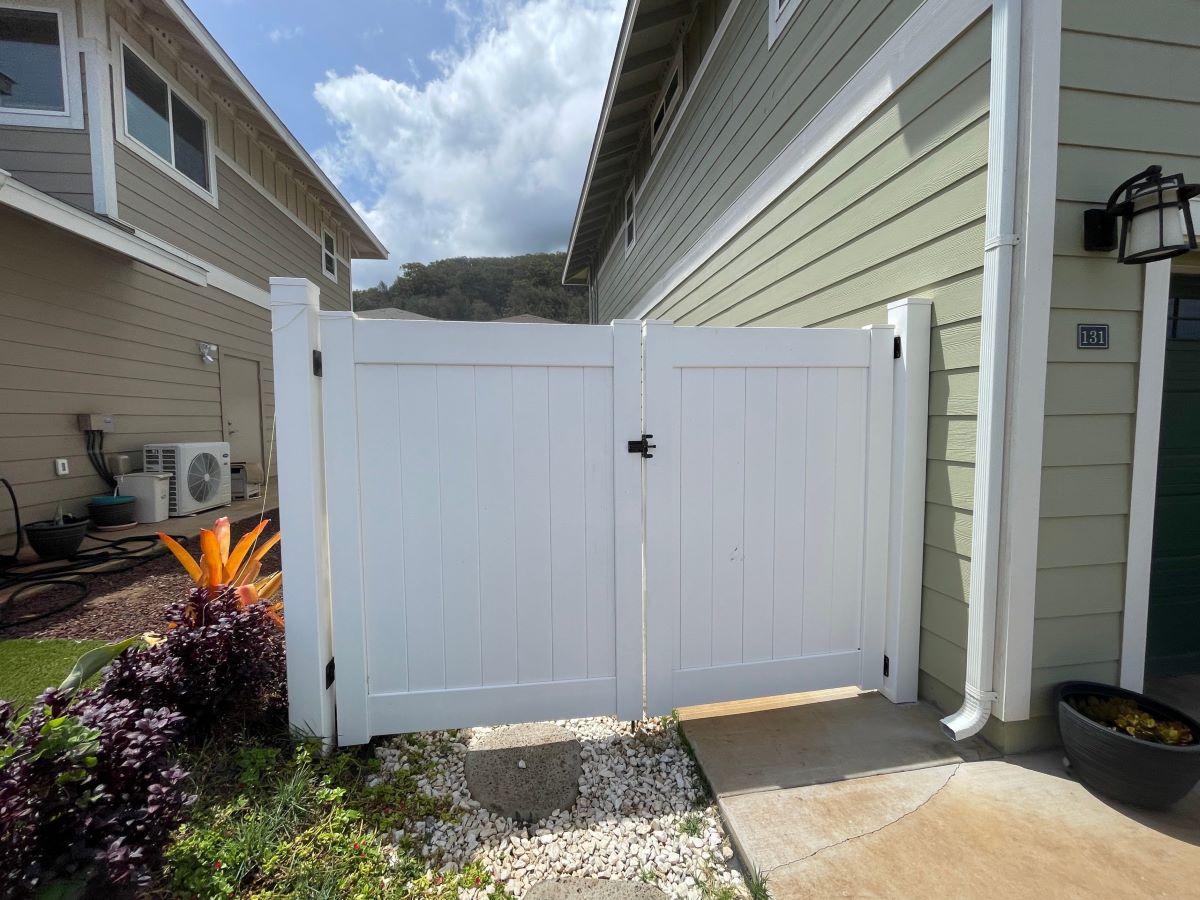
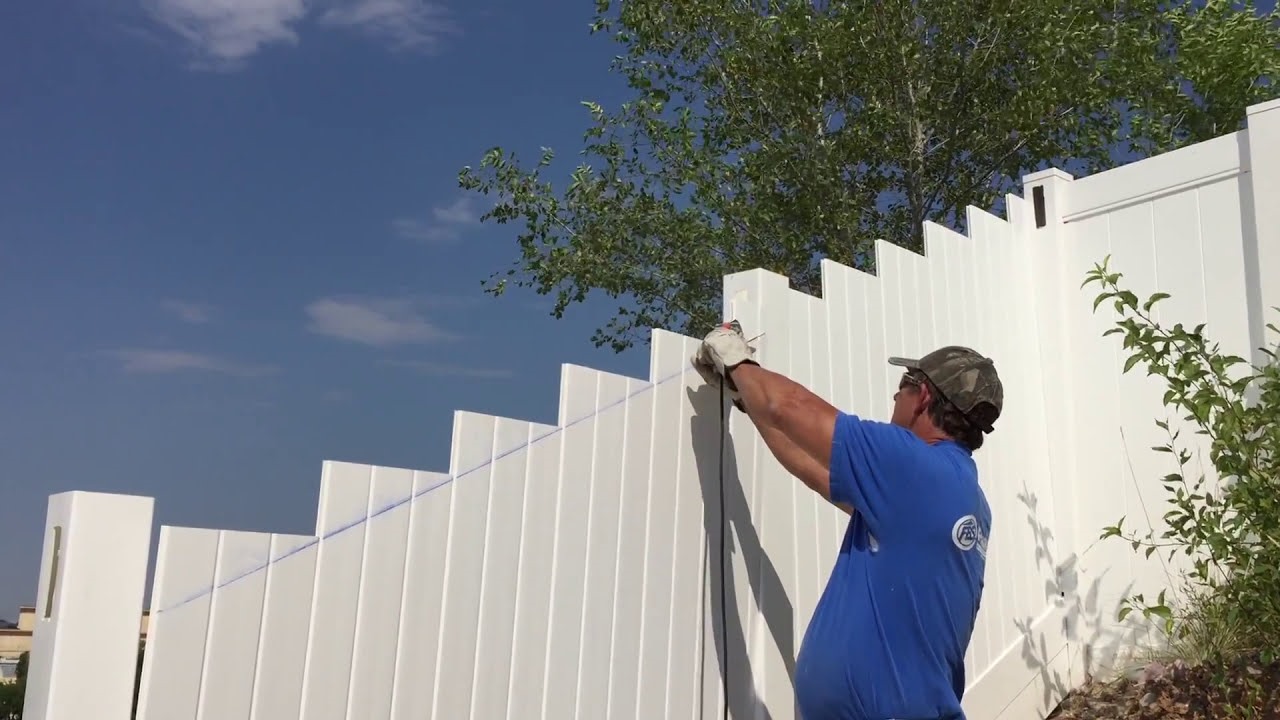
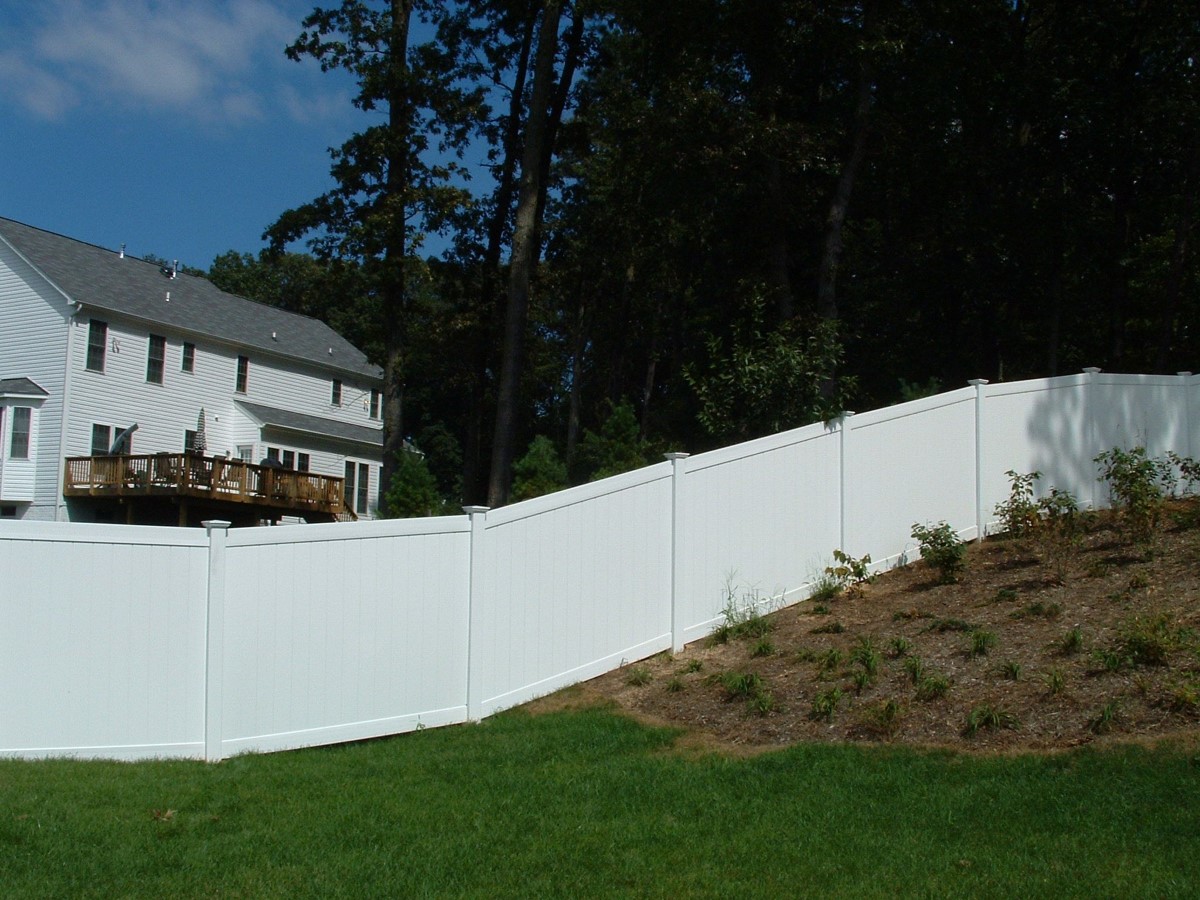
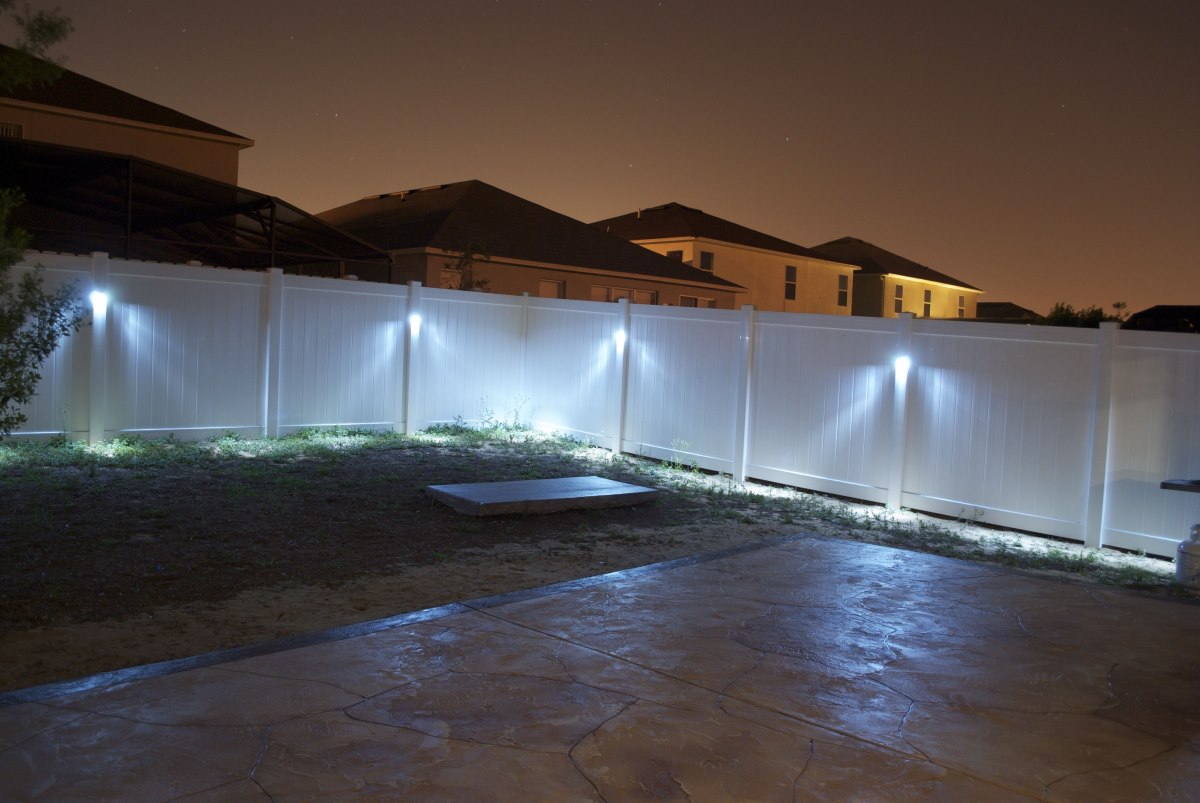
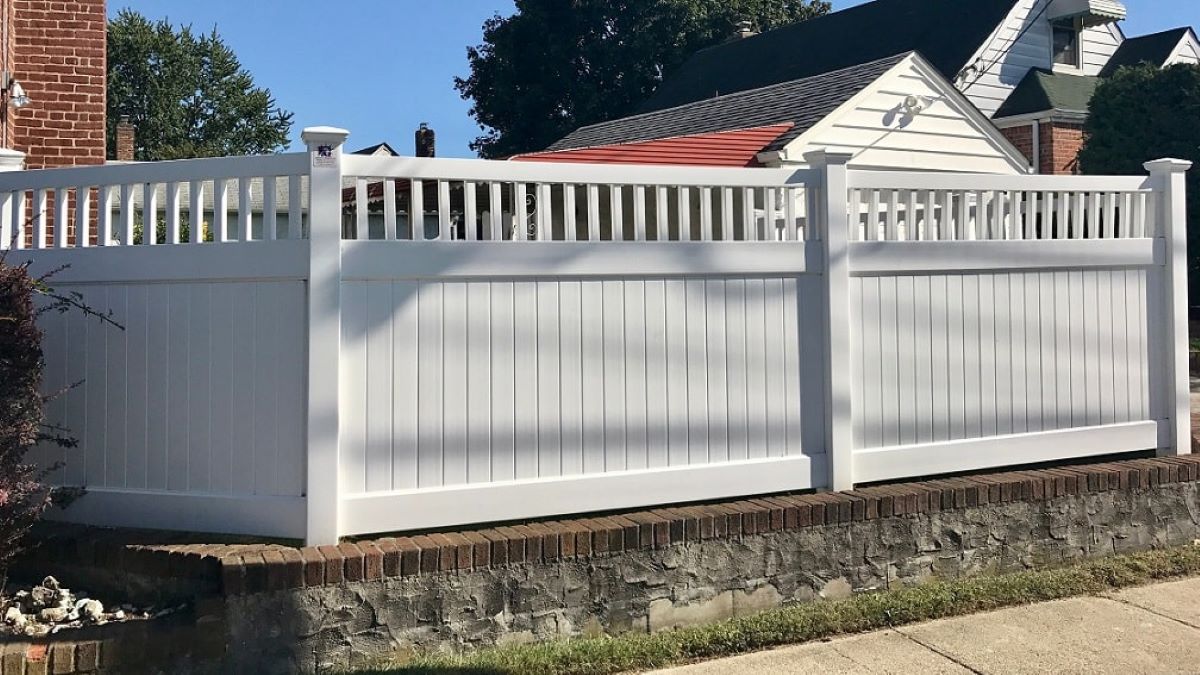
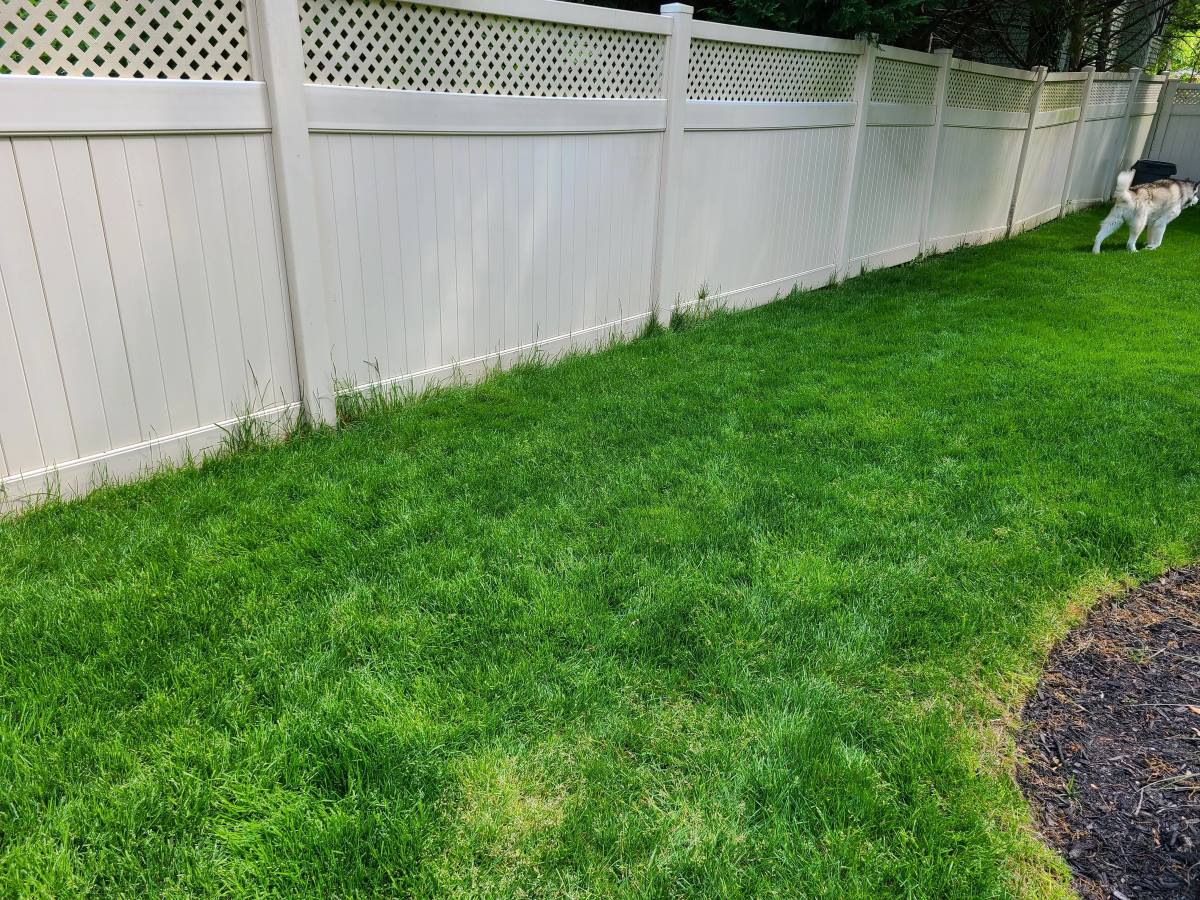
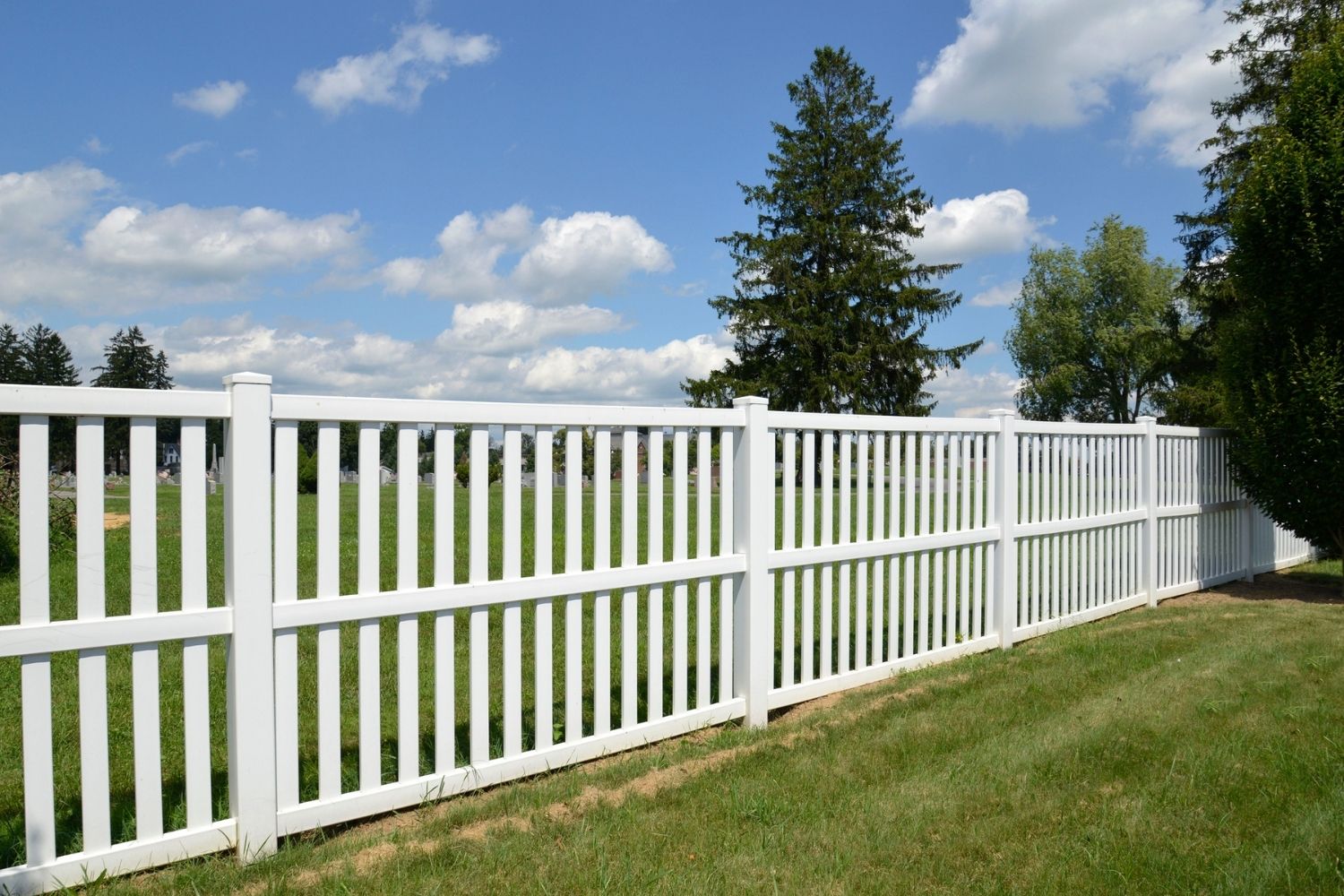
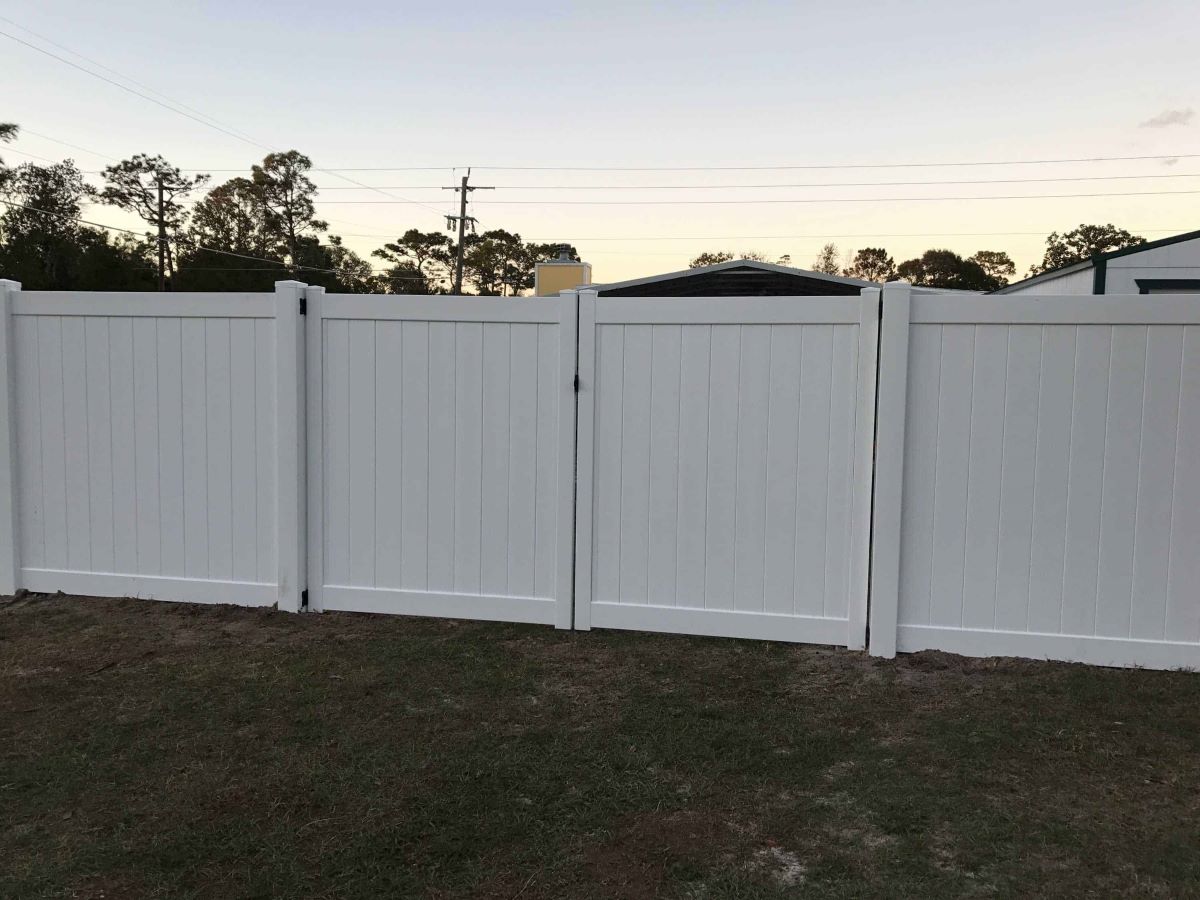
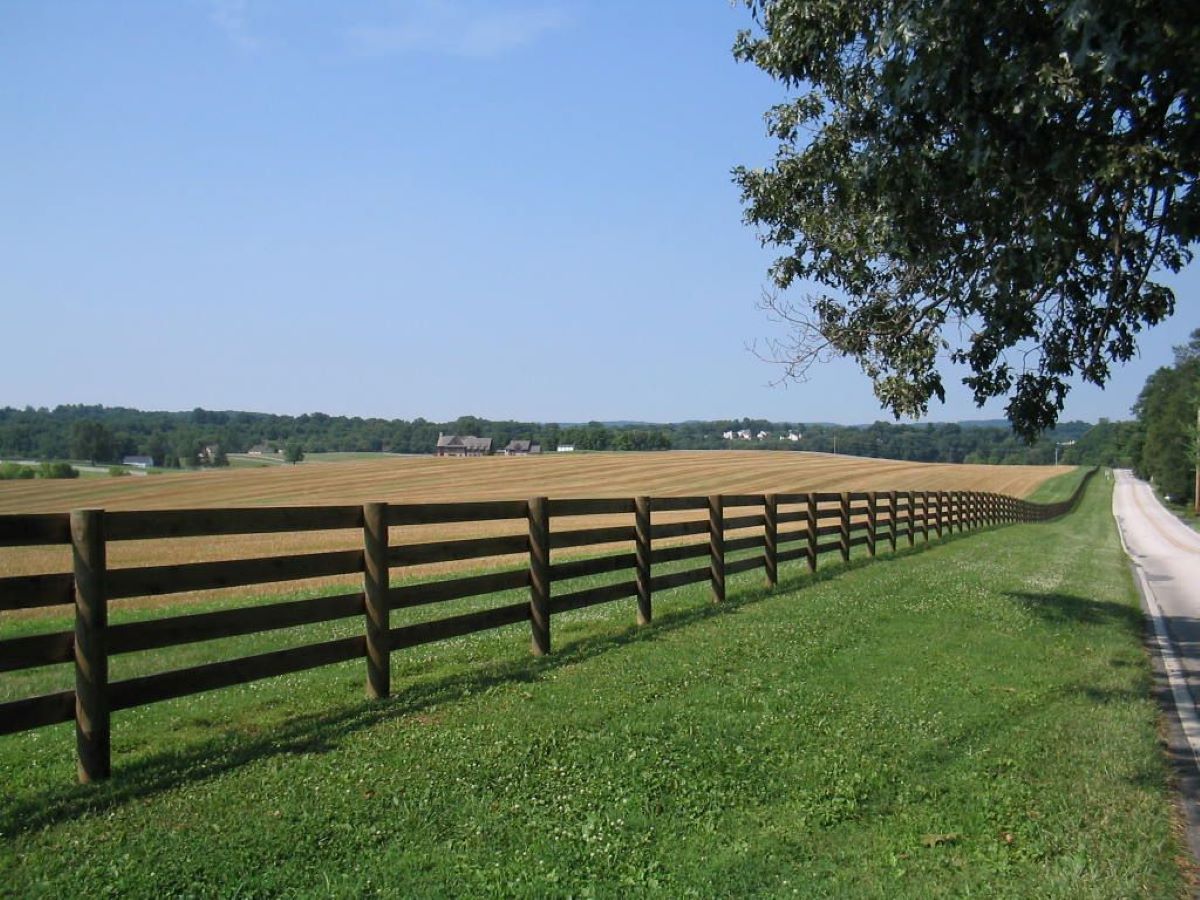
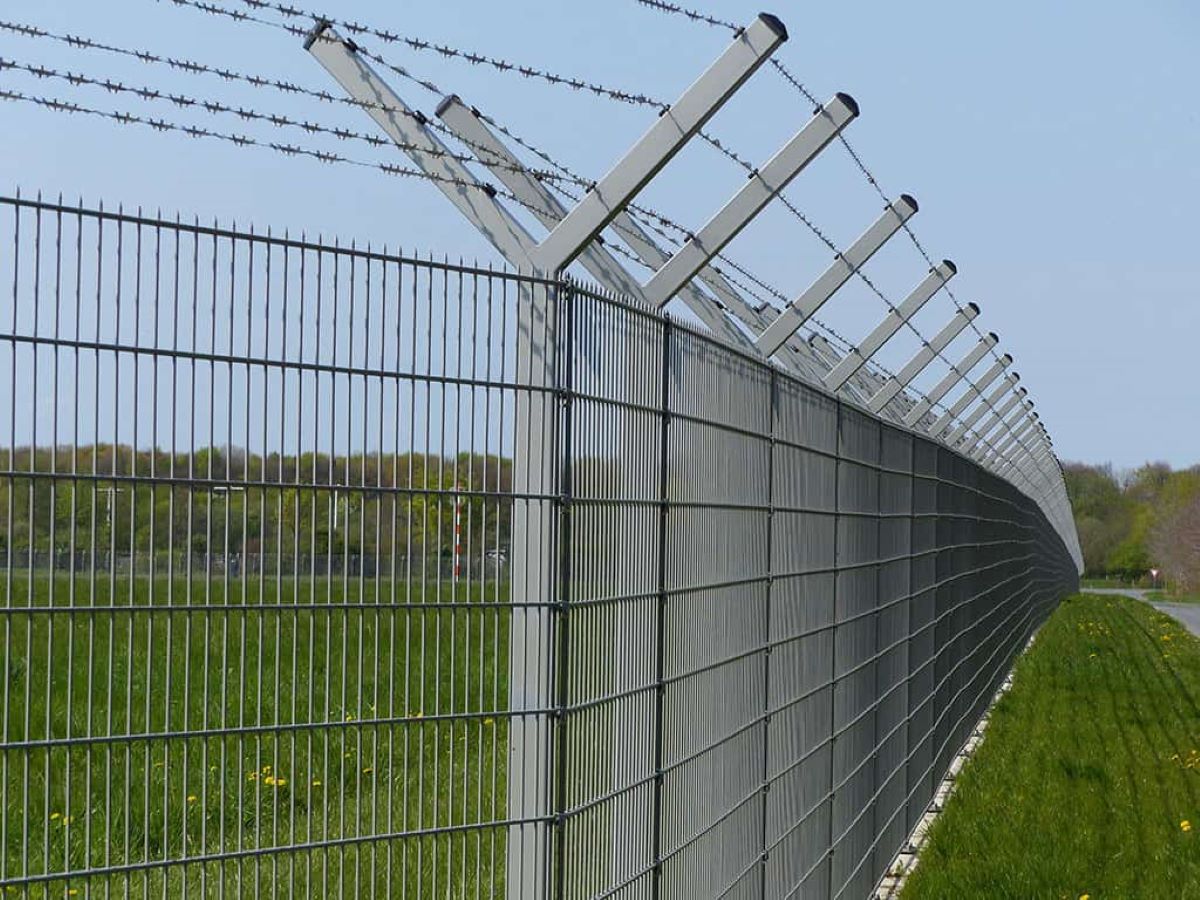
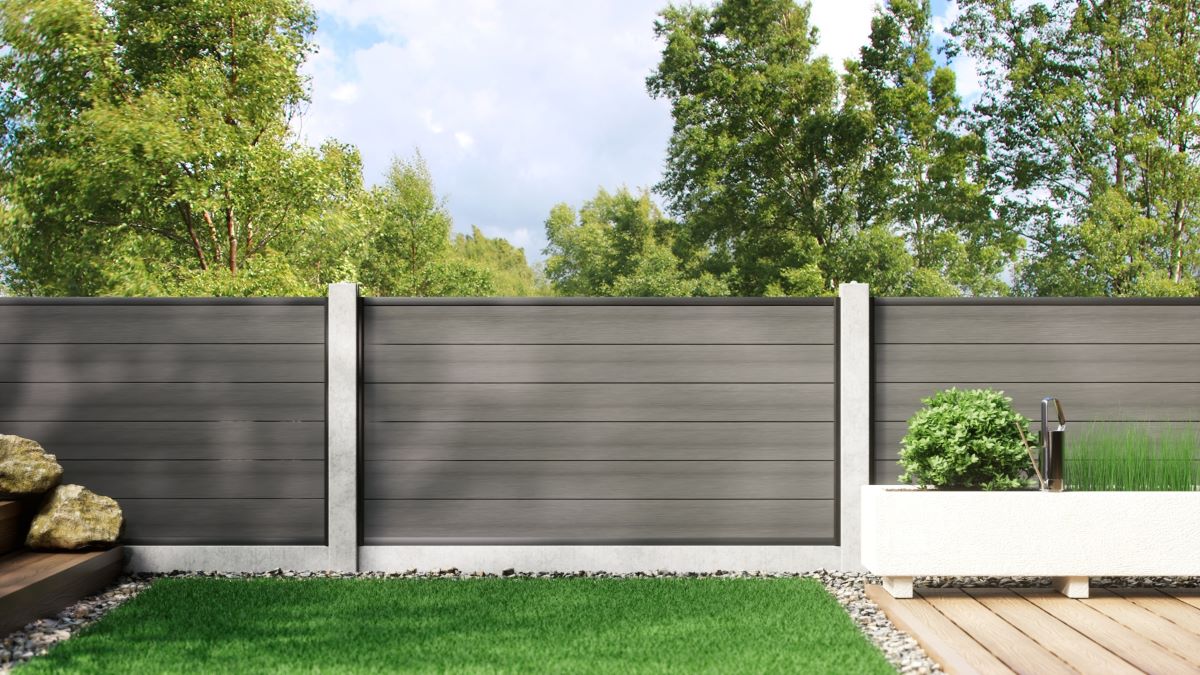
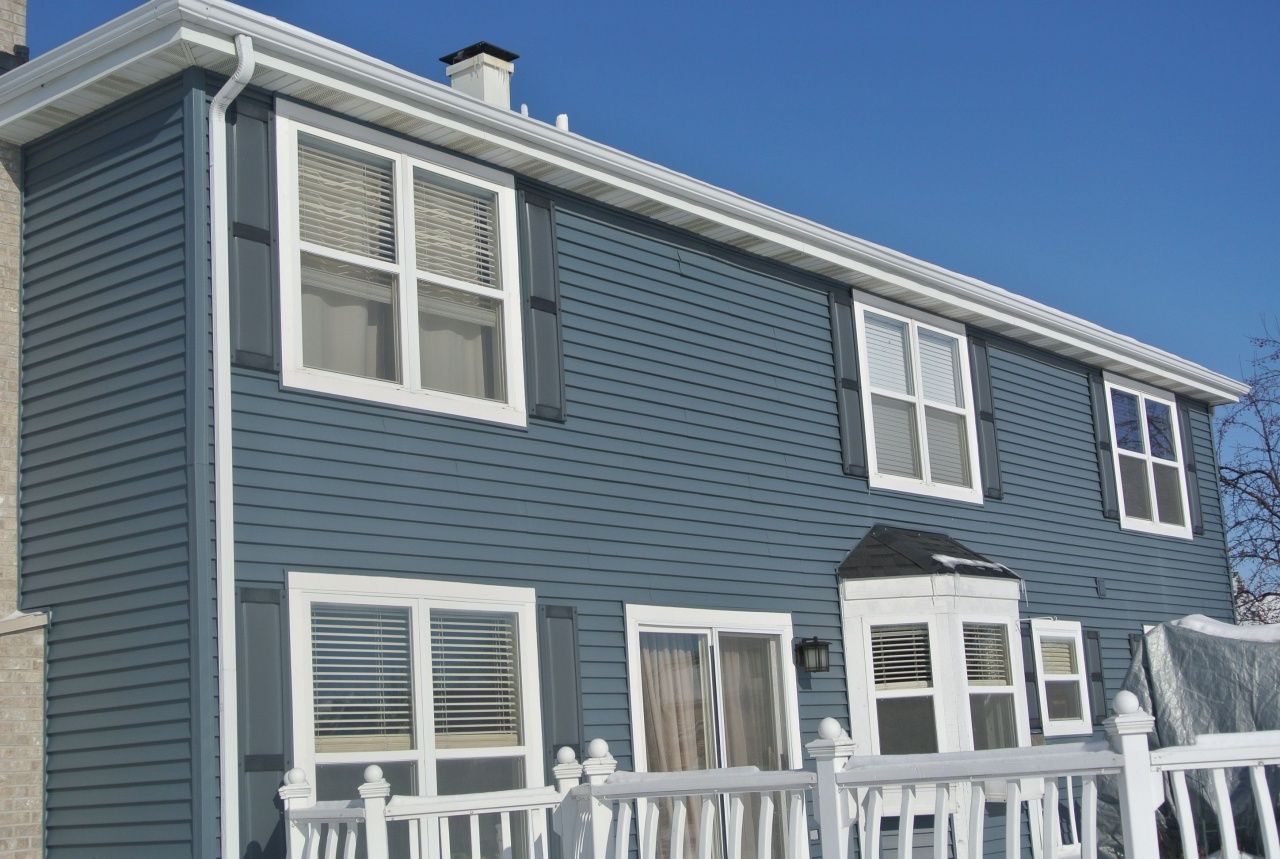
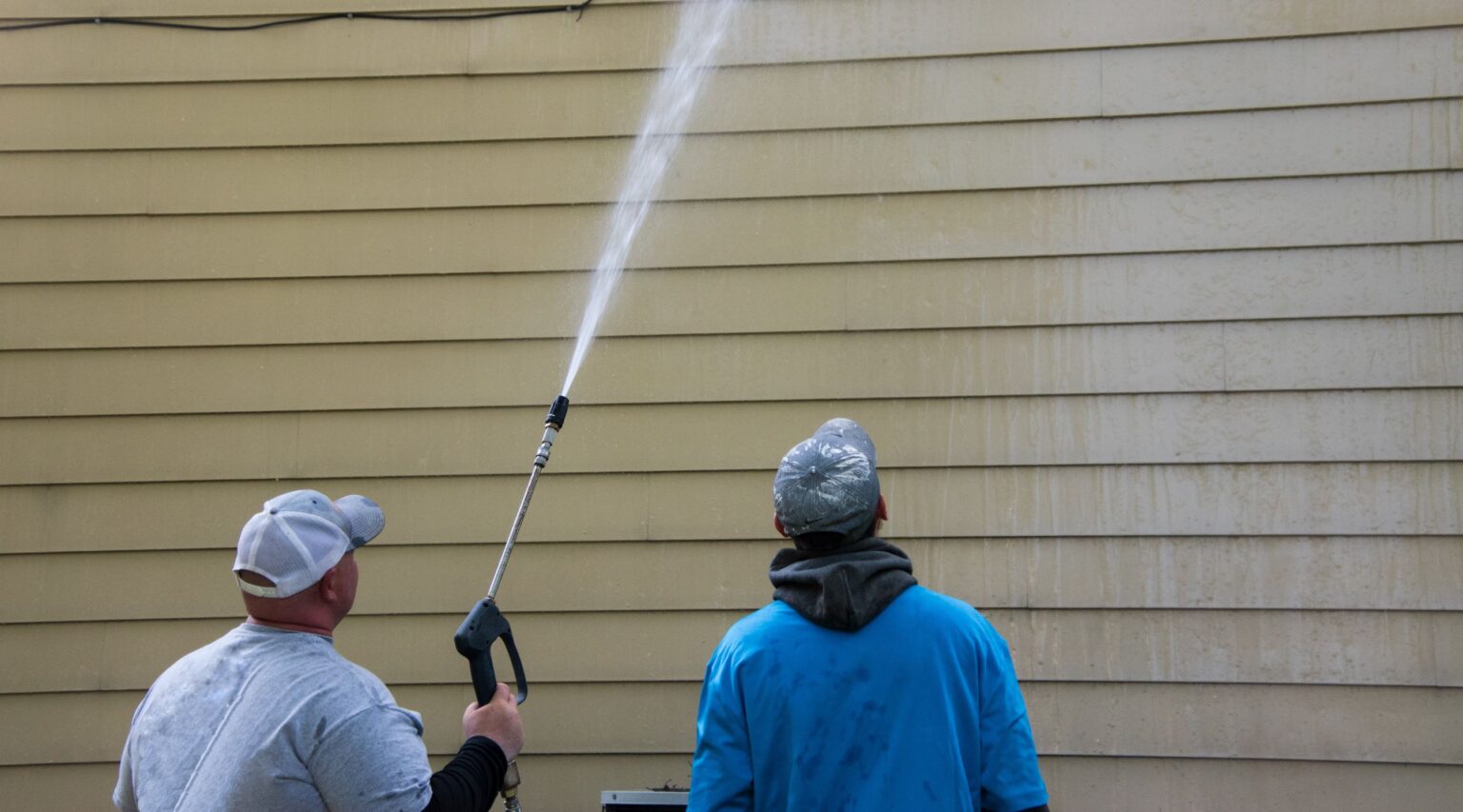
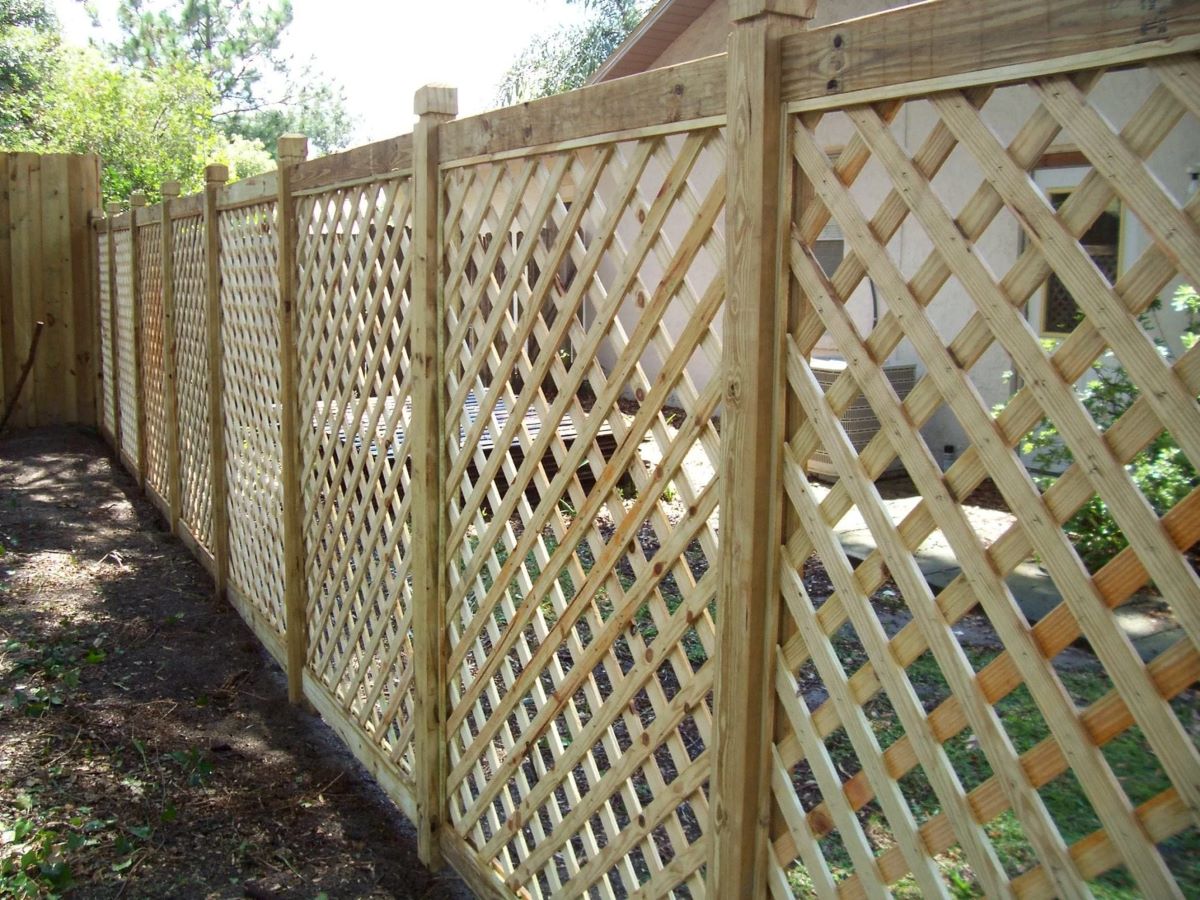

0 thoughts on “What Is A Vinyl Fence”